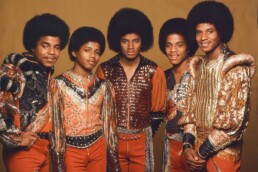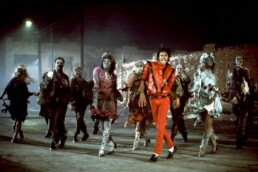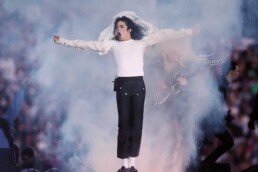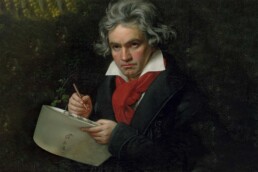In the broad span of musical history, Michael Jackson stands out as a beacon whose radiance has lit and changed the globe. Jackson was born on August 29, 1958, in Gary, Indiana, and his amazing path from child star to global legend is a story of unparalleled talent and deep effect. As we mark his birth, we must look into his revolutionary influence, which reshaped not only the music industry but the entire cultural landscape.
Jackson’s brilliance was clear from the beginning of his time with the Jackson 5. His youth was a mosaic of intense rehearsal and public performances, showing a combination of familial ambition and natural brilliance. By the age of eleven, he had already begun to make his own way in the music industry, but it was his solo career that would fundamentally alter the nature of popular music and its global reach.
The release of “Thriller” in the 1980s was a watershed point in music history. This pioneering album was more than a compilation of songs; it was a cultural phenomenon that broke down traditional barriers. Jackson’s breakthrough music videos, particularly the cinematic masterpiece for the title track, not only redefined visual storytelling in music, but also created a universal language of rhythm and movement. “Thriller” became an epoch-defining work that demonstrated Jackson’s unrivalled ability to combine invention and artistry, leaving an enduring influence on worldwide pop culture.
Jackson’s influence grew far beyond the realm of music. His composition “Billie Jean,” with its classic bass line and mesmerising choreography, elevated music videos to the status of art. The moonwalk, a dancing motion that became iconic with Jackson, exemplified his amazing ability to combine performance with cultural effect. His visual and aural inventions transformed how we experience and hear music, inspiring many artists and setting new standards for creativity.
Furthermore, Jackson’s impact was global, influencing not simply Western pop culture but also resonating in a variety of cultural contexts. His philanthropic efforts, such as his support for humanitarian causes and involvement in “We Are the World,” demonstrated his dedication to global challenges and social change. Through these activities, Jackson expanded his reach beyond entertainment, exhibiting a deep concern for the world and its difficulties.
Despite his accomplishments, Jackson’s life was not free of scandal. Legal disputes and public scrutiny hampered his final years, frequently overshadowing his artistic achievements. These debates, while extremely complex, are part of a larger story that highlights the intense and sometimes intrusive nature of fame. They also illustrate the difficulties that people, such as Jackson, confront when balancing extraordinary talent with public scrutiny.
Exploring Jackson’s legacy reveals that his impact was extensive and diverse. His innovations in music and performance set new industry standards and influenced generations of musicians. His ability to engage people and cross cultural borders demonstrates a distinct artistic genius that transformed the worldwide entertainment landscape.
When we consider Jackson’s life and effect, it is clear that his legacy is a tapestry fashioned from threads of remarkable talent, tremendous impact, and complex personal experiences. His work continues to inspire and challenge us, sparking continuing discussions about the nature of fame and how we honour people who leave an indelible impression on our world.
Michael Jackson’s legacy exemplifies the ability of creativity to transcend boundaries and inspire. On his birthday, we commemorate not only his revolutionary contributions to music and culture, but also the ongoing questions his life and legacy raise. His accomplishments, like a melody that lasts long beyond the final note, will reverberate throughout history, reminding us of the amazing capacity for human expression and impact.






